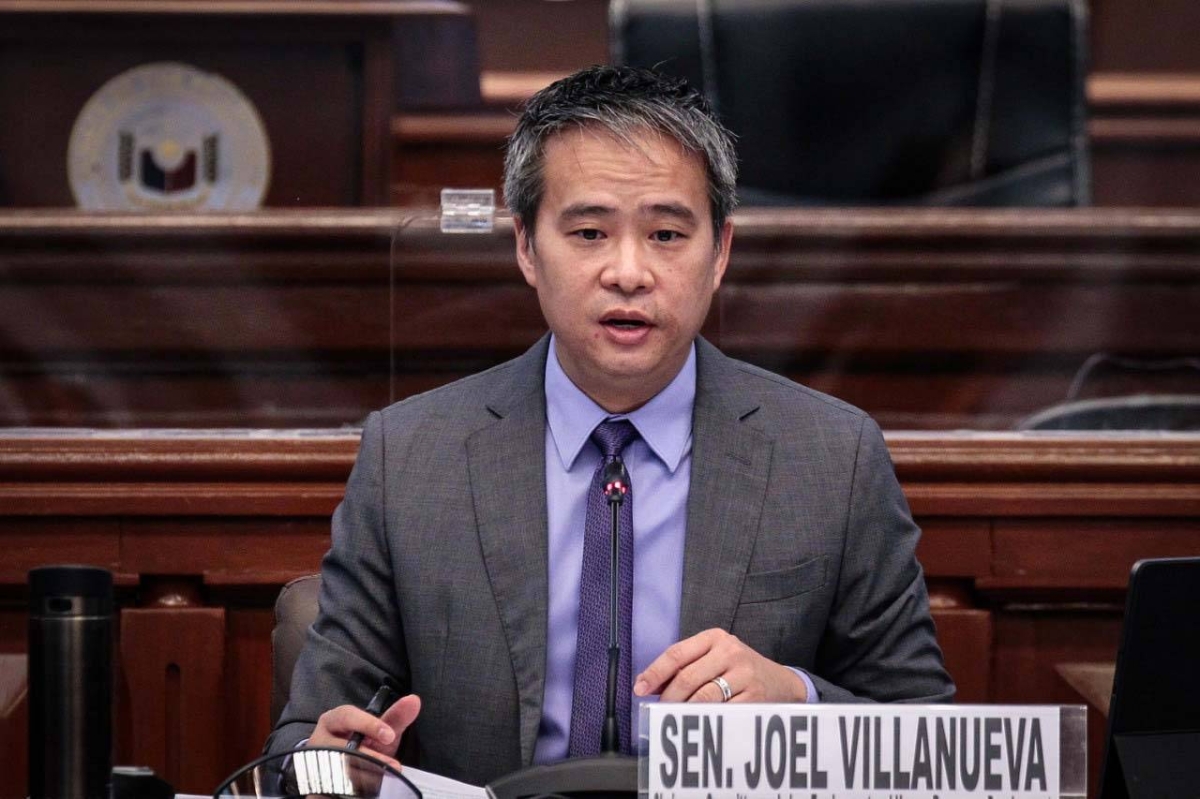Senate Majority Leader Emmanuel Joel Villanueva expressed confidence on Saturday, March 9, that unemployment in the Philippines could be reduced through the full implementation of the Trabaho Para sa Bayan (TPB) law. This comes after the Philippine Statistics Authority (PSA) reported an increase in the unemployment rate to 4.5 percent or 2.15 million jobless Filipinos in January 2024, compared to 3.6 percent or 1.60 million jobless Filipinos in December 2023.
Villanueva acknowledged the growing number of jobless individuals in the country and emphasized the need to continuously find ways to create sustainable jobs and livelihoods. He highlighted the importance of placing employment at the heart of economic development in order to address the cycle of joblessness.
To further address the issue of unemployment, Villanueva announced the expected signing of the implementing rules and regulations (IRR) of the TPB Act next week, which will signal its full rollout. The TPB law introduces key reforms aimed at generating employment and creating a national master plan to tackle unemployment, underemployment, and youth unemployment.
One of the main focuses of the TPB law is to address the seasonality of employment, which often limits individuals to work only during certain times of the year. Villanueva recognized the existence of these types of jobs but emphasized the need to strive for greater job security, social protection, and fair income for workers.
In addition to the TPB law, Villanueva recently sponsored the Enterprise-Based Education and Training (EBET) bill in plenary. This companion measure to the TPB law aims to tackle the persistent problem of job-skills mismatch in the country by fostering partnerships with the private sector to upskill or re-tool the Filipino workforce. Through the EBET program, the bill seeks to bridge the gap between job seekers and potential employers.
Villanueva stressed the need for a comprehensive remedy to address the unemployment problem. This includes creating opportunities for employment while providing the right training for workers. By combining job creation efforts with skills development, the government aims to equip job seekers with the necessary tools to succeed in the workforce.
The Trabaho Para sa Bayan law and the Enterprise-Based Education and Training bill demonstrate the government’s commitment to reducing unemployment and addressing the challenges faced by job seekers in the Philippines. Through these initiatives, the aim is to create a more inclusive and sustainable economy that provides meaningful employment opportunities for all.
As the implementing rules and regulations of the TPB law are set to be signed, there is hope that its full rollout will bring about positive changes in the job market. With the right policies and programs in place, the Philippines can work towards reducing unemployment and ensuring a brighter future for its citizens.







